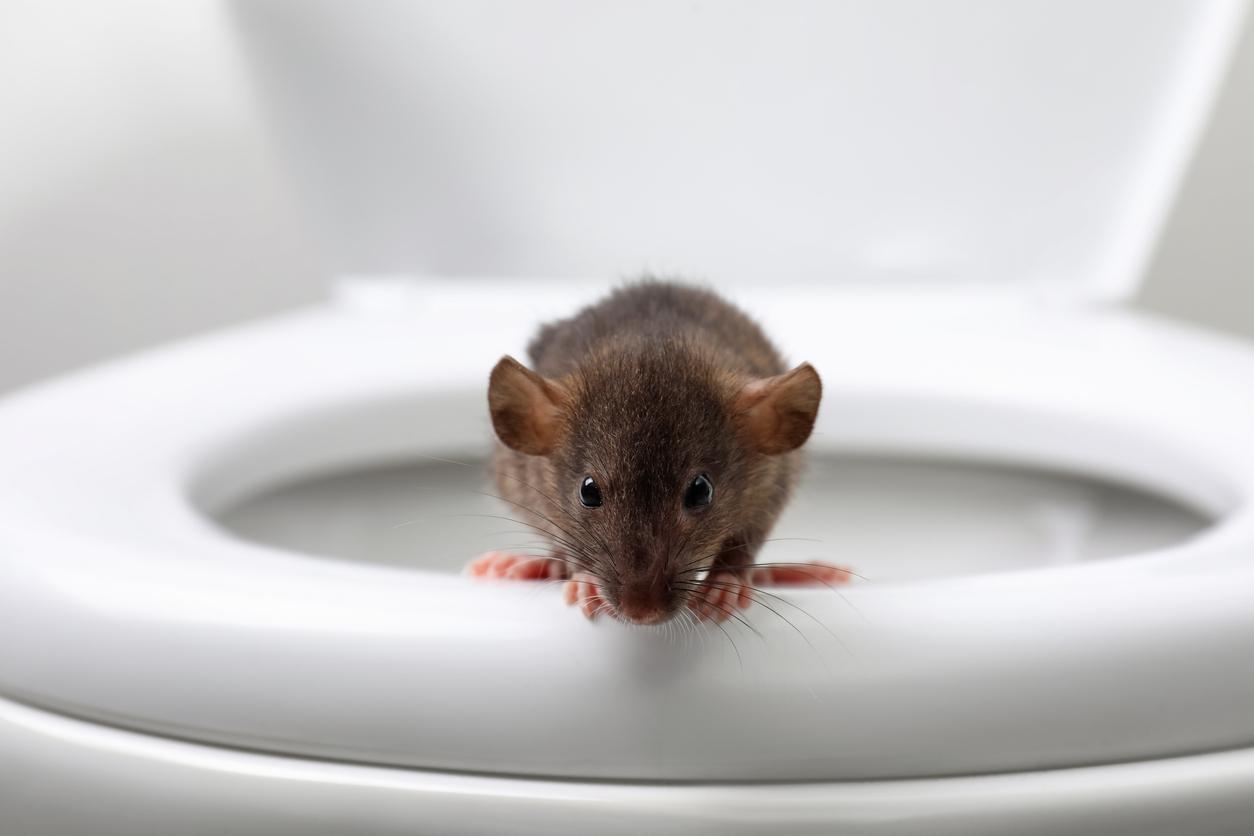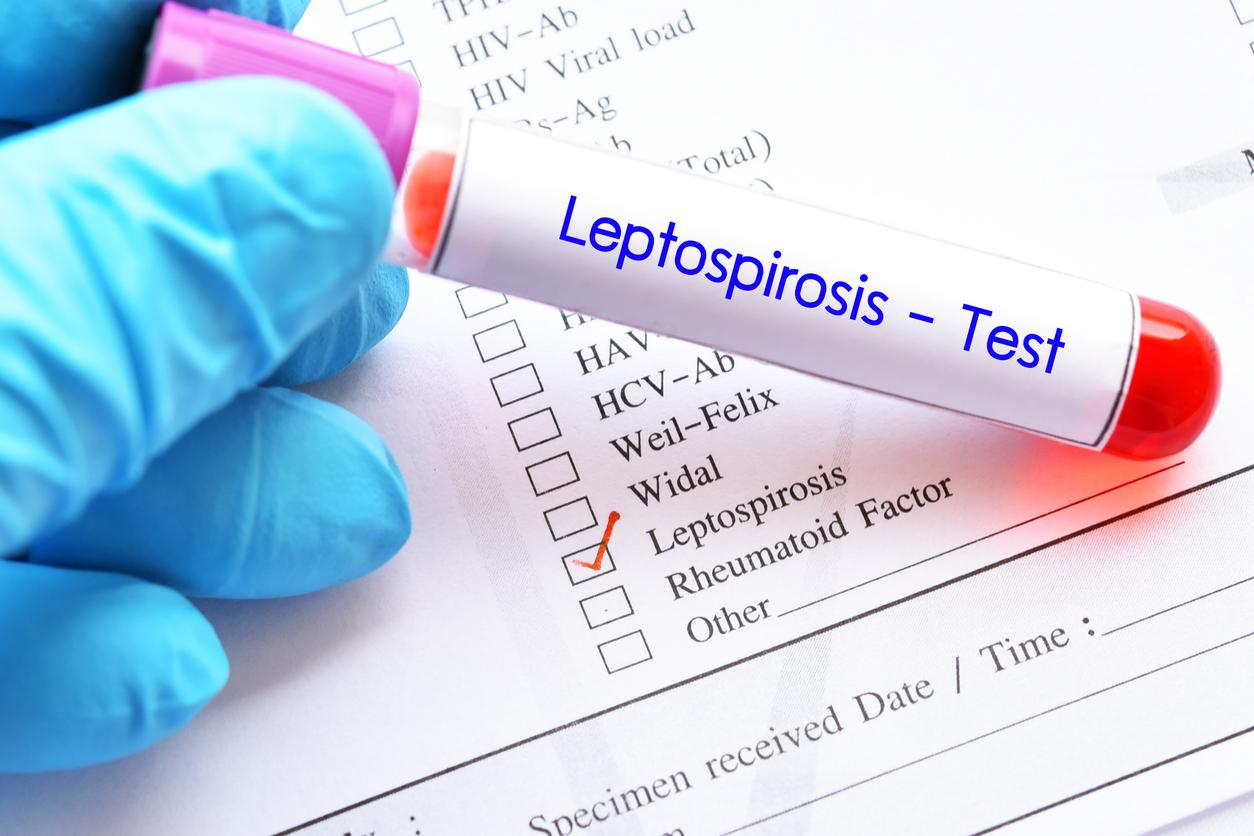
The Regional Health Agency (ARS) of the Occitanie region has appealed for vigilance following the reporting of a few cases of leptospirosis. What are the signs of infection? What is the mode of transmission? Who needs to be vigilant?
A zoonosis contracted during leisure activities
Leptospirosis is a disease of bacterial origin. It usually comes from rodents and in particular rats, which evacuate the bacteria Leptospira icterohaemorrhagiae via their urine. Bacteria love a humid and warm outdoor environment in which they can survive for several months. Contaminated urine can contaminate the fresh water in which swimmers, canyoners and fishermen carry out their aquatic activities. In general, contamination is indirect and occurs during these various activities, because bacteria enter the human body through damaged skin or through mucous membranes.
This is how more than ten cases, confirmed or probable, have already been reported to ARS Occitanie. These are mainly people who have practiced an activity on the Argensou river in the commune of Auzat and Vicdessos in the department of Ariège. From the first case, the site was closed. Since 2014, the number of leptospirosis cases has increased from 300 to 600 cases per year, according to the Directorate General of Health.
What are the symptoms ?
Leptospirosis has an incubation period of about ten days on average, but symptoms can appear between 5 and 20 days after infection. The clinical signs are multiple, which makes the diagnosis of the disease somewhat difficult. However, it appears abruptly. The main symptoms observed are:
- a rather high fever which may be accompanied by chills;
- headaches;
- digestive disorders;
- a rash;
- conjunctivitis (less common sign).
Is there a treatment?
There is in fact an antibiotic treatment that can be administered by injection at an early stage, as part of hospital care. Depending on the symptoms, medication may also be prescribed. “ In the absence of underlying pathology and if treatment is started early, the outcome is most often favorable and without sequelae »Informs us the Ministry of Health. However, it is essential to consult a doctor promptly if symptoms appear, because ” The disease in humans can be severe if left untreated. “According to the Institut Pasteur, it can indeed” progress to renal, hepatic, meningeal or pulmonary damage. In 20% of cases, it is complicated by a hemorrhagic syndrome. “
When to consult a doctor ?
The ARS said in its statement that people who have experienced symptoms reminiscent of leptospirosis, including fever, and who have been in contact with fresh water in the three weeks before the onset of these symptoms, ” are invited to consult their attending physician quickly, specifying the risk context. “
How to protect yourself from infection?
It is possible to act in prevention. People wishing to practice an aquatic activity in freshwater must wear personal protection, such as gloves, wetsuits, boots or glasses. It is also not recommended to bathe in case of skin lesion.















